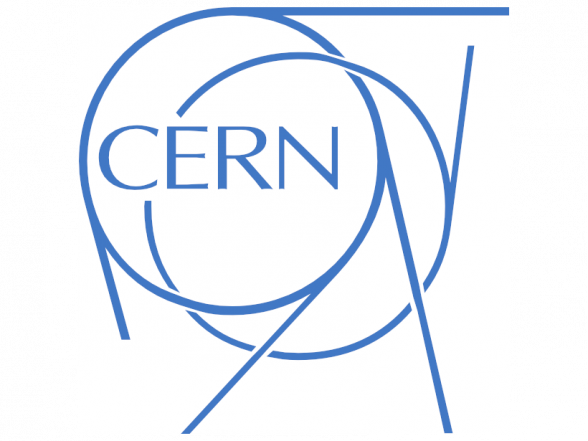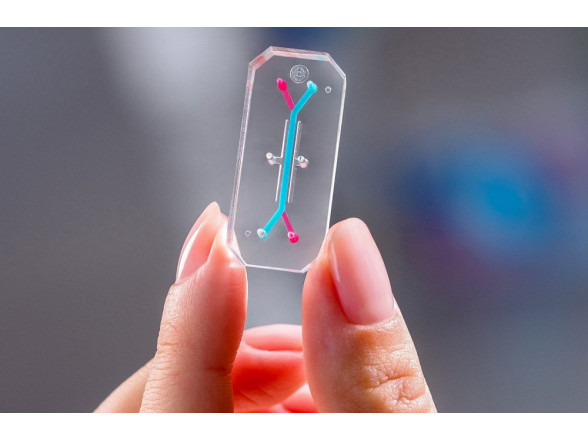After receiving the confirmation that Latvia fully complies with the criteria of an associated member of the European Center for Nuclear Research (CERN), the CERN Council authorized its Director-General Fabiolo Gianot to start negotiations with Latvia on an association agreement with CERN. After signing of the agreement and its ratification in Saeima, Latvia will become an associate member of CERN in 2021.
Though, the co-operation is already taking place – the national CERN contact point is established as well as interdisciplinary first-time National Research Program (NRP) “High Energy Physics and Accelerator Technologies” involving the best scientists in the field. The new program was launched in cooperation with CERN, in order to strengthen the development of the Latvian scientific community and to implement interdisciplinary research in natural and engineering sciences in the fields of high-energy physics and accelerator technologies.
NRP has launched a project titled “Top quark and Higgs Boson research at the CMS experiment, development of crystal scintillators, sub-detectors of the CMS detector and the development of particle accelerator technologies for societal applications, in collaboration with CERN”. The main objective of this project is to strengthen the research capacity in the fields of high-energy physics and accelerator technologies in Latvia, as well as to build and solidify the research community in said fields in the country.
During this project, researchers from the Riga Technical University (RTU) Center of High Energy Physics and Accelerator Technologies, in cooperation with researchers from the University of Latvia (UL) and Institute of Solid State Physics, UL will engage in world-class research activities at the scientific laboratories at CERN, including the on-going high-energy physics research at the CMS (Compact Muon Solenoid) experiment and in the technology development projects for detectors and accelerators.
Through this project, early-careers researchers, including Master’s and Doctoral students from UL and RTU, will acquire invaluable experience and know-how by carrying out research activities both here in Latvia and at CERN, Switzerland. They will have the great opportunity to conduct research activities in interdisciplinary fields related to high-energy physics, particle detectors and accelerator technologies, using the most recent research methods and cutting-edge technologies and under the guidance of experienced scientists. The implementation period of this project is two years.



